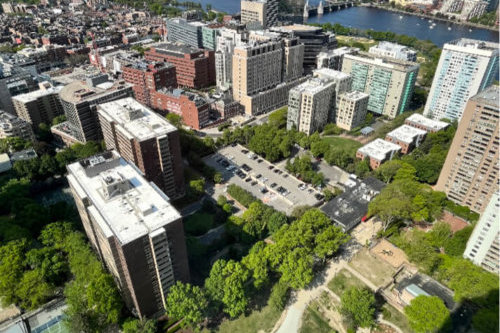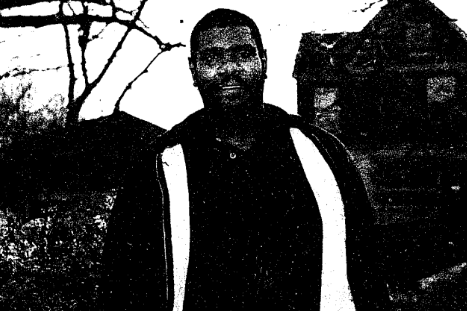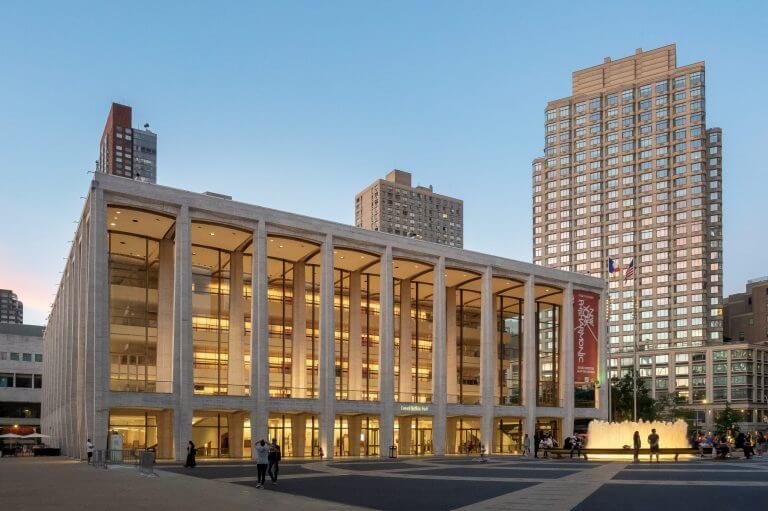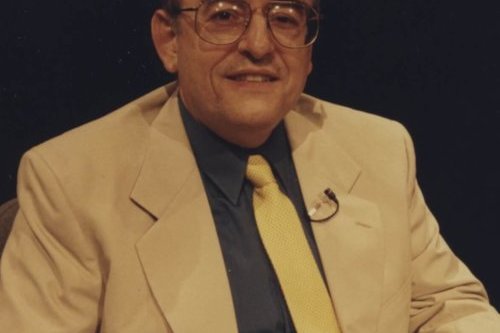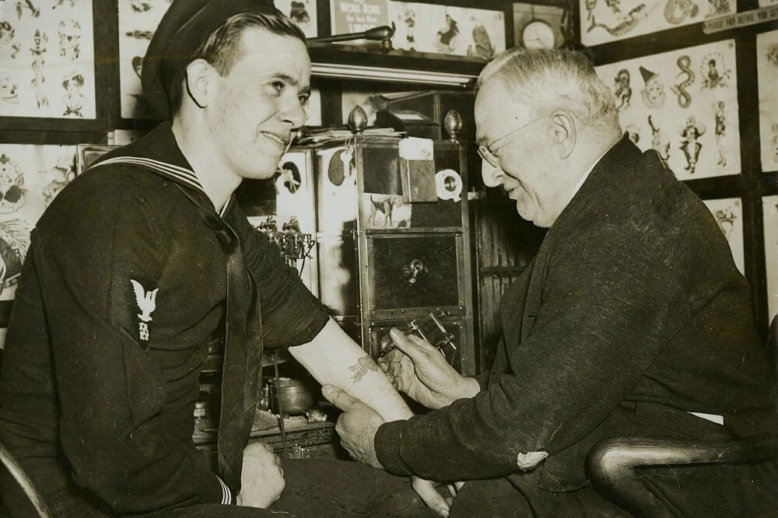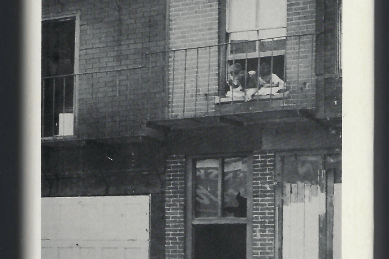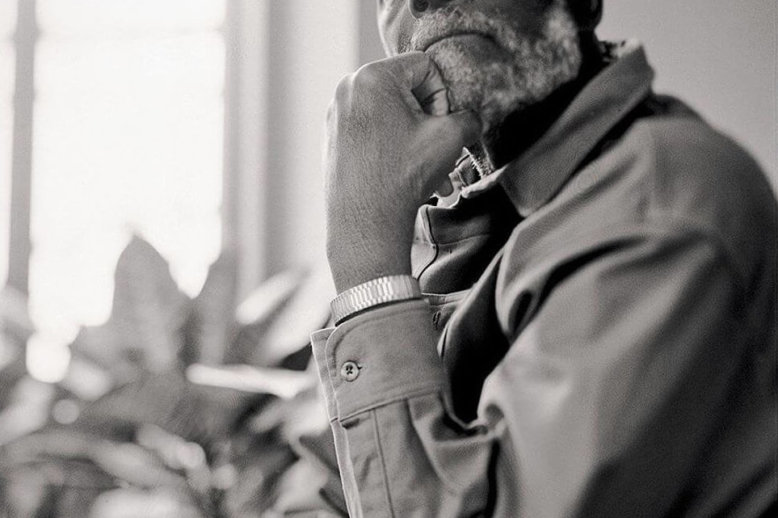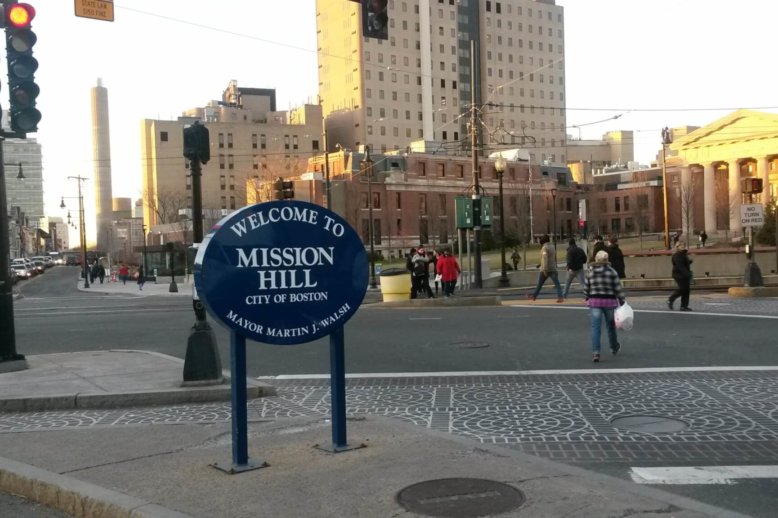Topic: City Planning
City planning and design, built environments, urban planners, parks, roads
Summer in Boston is a celebrated, if too short, season for residents and visitors alike. In recent years, however, more frequent heat waves and extended periods of above-average temperatures have sometimes created dangerous conditions for many city residents…but not all.
John Moore understood himself to be a West Ender when he grew up on Grove Street on the north slope of present-day Beacon Hill. The demolition of fifty acres of the historic West End and the preservation of the Beacon Hill Architectural District were simultaneous, influencing popular perceptions of the boundaries not just of Boston’s contemporary neighborhoods, but its historic ones as well.
Arguably the most famous arts facility in the world, Lincoln Center is a present-day, glittering example of American urban renewal gone wrong.
James “Jim” Campano dedicated his life to preserving the memory of his beloved West End as a protester, journalist, and historian.
Scollay Square was a popular Boston hot spot for nightlife during the first half of the 20th century, with its vaudeville theaters, bars, and sideshow attractions. Long chided by local politicians for its perceived physical and moral decay, in 1963 the City of Boston completely demolished the area as part of an urban renewal project. Though often viewed within the broader context of the West End’s redevelopment, Scollay Square’s final chapter can also be understood through the lens of World War II, the growth of Boston’s Navy Yard, and the demographic shifts at the war’s conclusion.
Soon after the bulldozers of urban renewal began clearing land, experts in various fields focused on the effects of development projects and the human cost paid by affected communities, such as Boston’s West End. Marc Fried, a Harvard educated psychologist, interviewed hundreds of displaced West End residents in the late 1950’s to assess the emotional effects of relocation. The results of his work, and that of other dedicated researchers, helped turn public opinion against top-down urban renewal and inspired community activism throughout the United States.
Mel King was one of Boston’s most influential Black political figures, who stood against destructive urban renewal in his native South End. King made a difference as a community organizer and State Representative, and he was the first Black person to reach the general election for Mayor of Boston in 1983. King passed away on March 28, 2023 at the age of 94.
In the mid-1960’s, Harvard University purchased twenty acres of land in the diverse and predominantly working-class Mission Hill section of Roxbury in the hopes of expanding its presence in the Longwood Medical Area. Having witnessed the disastrous effects of redevelopment in the West End and successful community intervention in other Boston neighborhoods, Mission Hill residents, with the help of young activists from Harvard itself, were able to secure affordable housing for over a thousand people.


